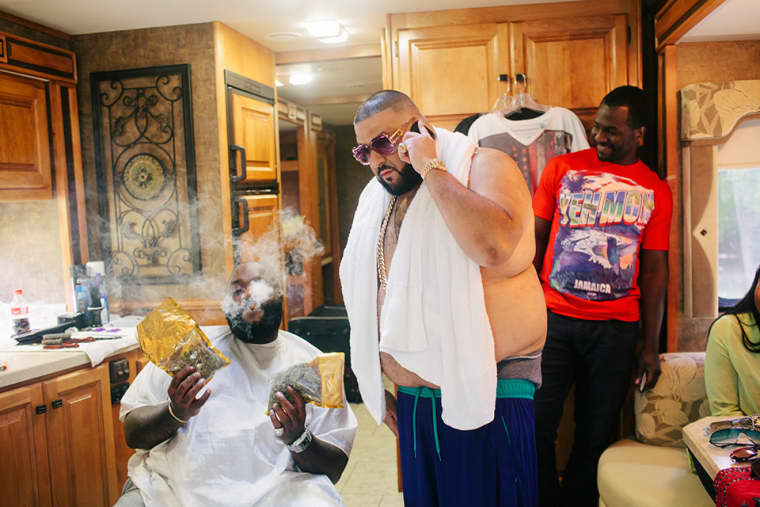

Wade hadn’t met his biological father until the age of 12. Wade had worked with hip-hop and R&B stars, including Outkast, Goodie Mob, TLC, En Vogue, and Ludacris. And it makes me a greater person.”Īfter getting arrested a few times and getting shot in the hand, Future was-through the event of a funeral-introduced to his cousin Rico Wade, one of three members of the hip-hop production team known as Organized Noize. I see the great from it, from being from the hood.

When I first met him in a green room in August, just before a show in West Palm Beach, Florida, he described his childhood with the kind of inspirational response for which he has become known in both interviews and private conversations: “Certain words might be negative to someone else but I make them a positive to me.

Born into a family steeped in two or three generations of criminal activity, Future has described his grandmother’s house where he lived as “the drug house.” Though he seemed a burgeoning basketball star, he would eventually drop out of high school to hustle drugs on the streets and out of the homes of family members. But the introspective longings associated with childhood were more like emergency sirens going off in the mind of young Nayvadius DeMun Wilburn. It’s hard not to think about one’s own childhood and how dreams shift to fit reality when listening to the music of Future, the Atlanta-born rapper whose very name projects ambition and hope. Still, it is true that money-whether you’re born with it or not, whether you make lots of it or never see much of it at all-represents freedom in a country where absolutely nothing is free. I had them because they were the dreams I was told to have. These dreams didn’t come from any heartfelt desire. I wasn’t thinking about writing, and I didn’t know what a poem was. Of course, I also thought I’d be married and have a couple kids. Like so many of us are trained to think, I thought of wealth as something anyone could work hard to gain.

I’m an American, so I spent a good deal of my childhood dreaming that I’d one day be rich. These and other questions get asked and answered in the next few paragraphs, but I should first be honest about who’s doing the asking. He wants to see where telling the truth might lead. Dang, he says, and pauses-the only time he doesn’t have an immediate answer to one of my questions. Can a hardcore rapper be completely complex and transparent in the face of what fans want? I want to know where Future thinks even his fans might have him mixed up.


 0 kommentar(er)
0 kommentar(er)
